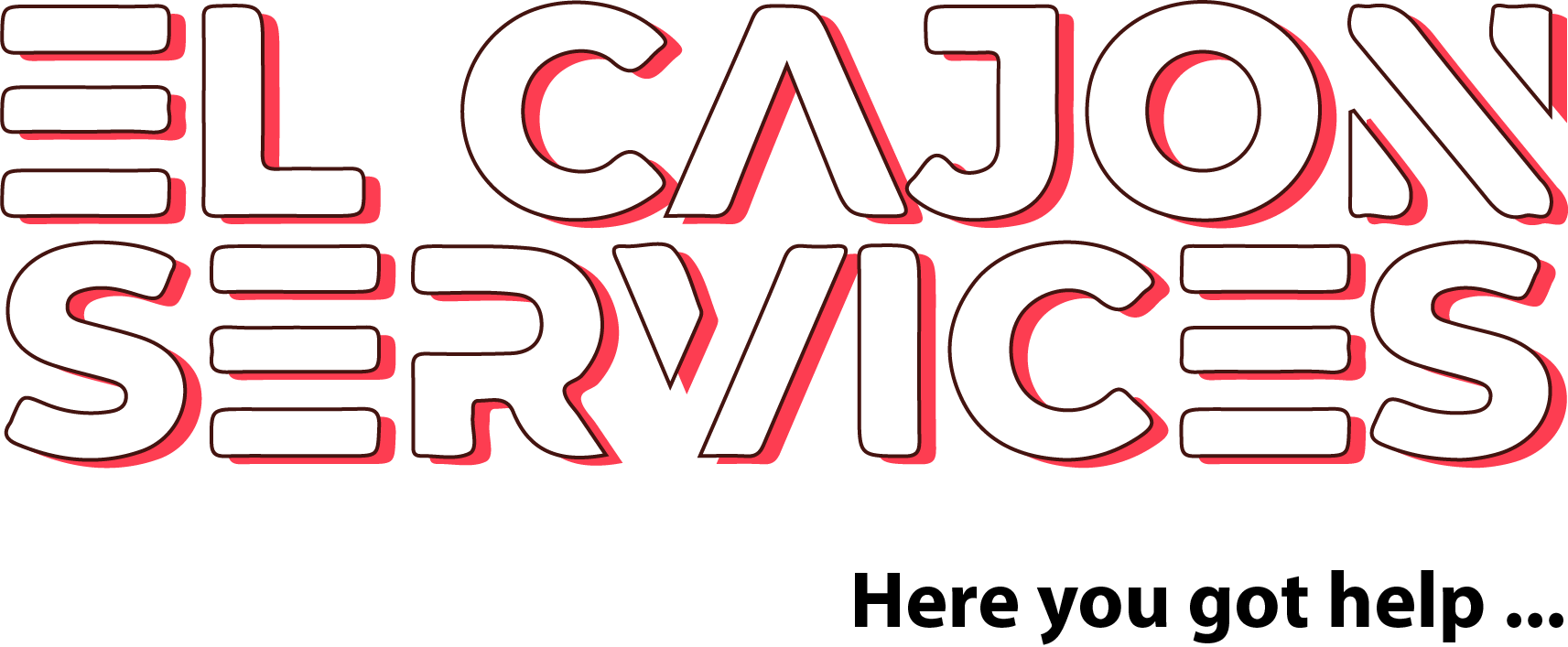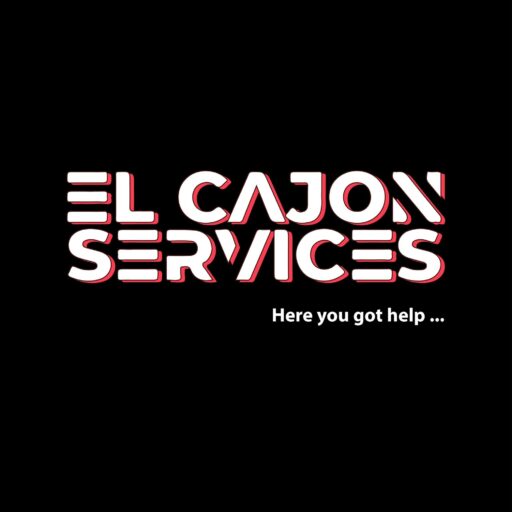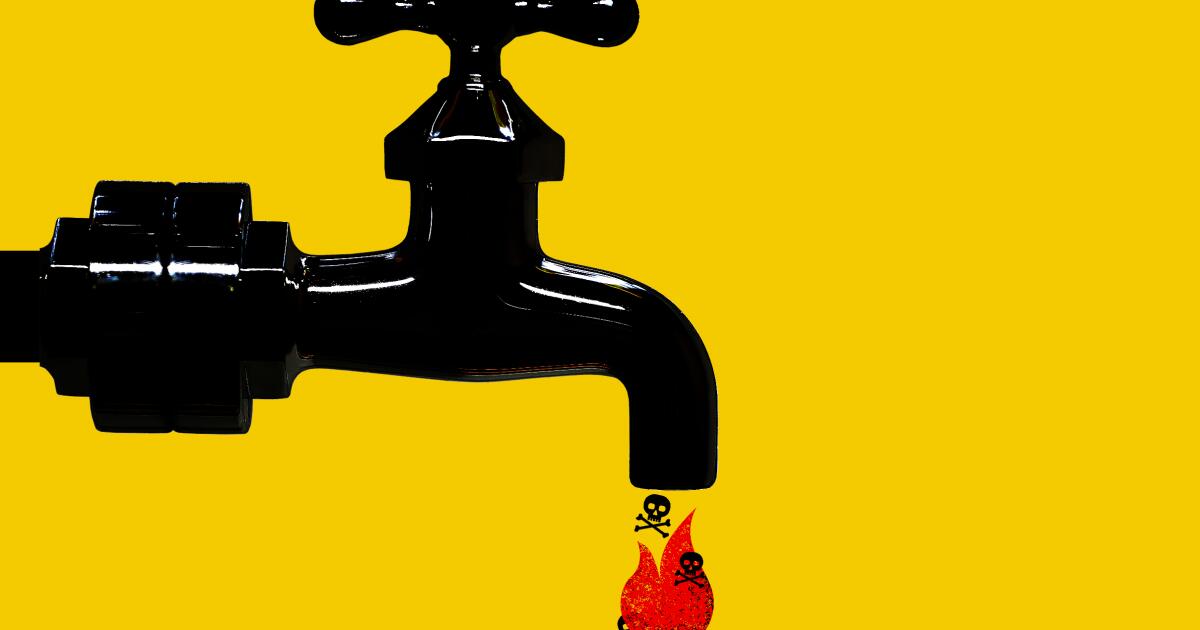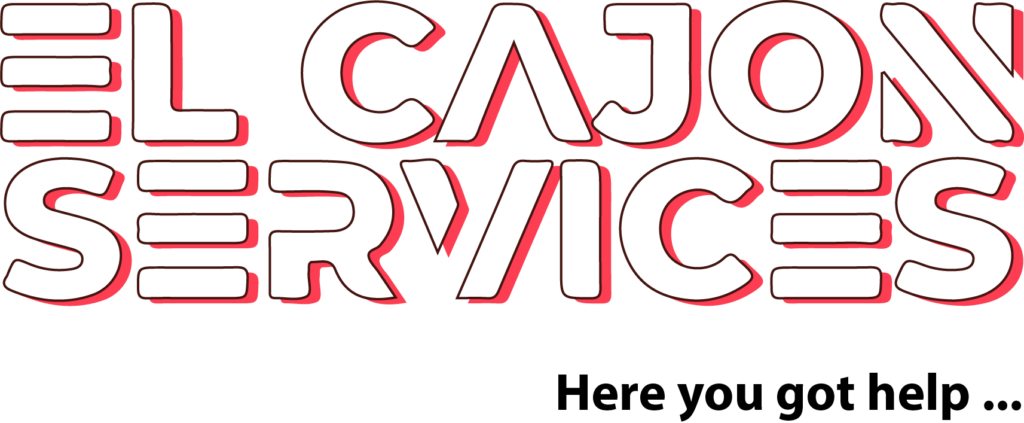Your Local SEO and Digital Marketing Experts in San Diego County
• The Los Angeles Flower District features more than 70 vendors in two neighboring markets downtown — the Original Los Angeles Flower Market and the Southern California Flower Market.
• Combined, the two markets are a vast kaleidoscope of natural and unnatural (i.e. human-altered) blooms, such as perfect roses dyed black and Dodger blue.
• The savings can be significant over retail bouquets, but whether it’s a DIYer’s dream or nightmare depends on planning ahead — and being bold.
Flowers are ubiquitous in Southern California and so easy to procure, from the buckets of seasonal blooms at your local supermarket to the gaudy $5 bouquets hawked at many freeway off-ramps.
But there are times when off-the-rack arrangements just won’t cut it. You need serious flowers — distinctive, unusual and befitting a special occasion.
You could go to a florist or floral designer and pay them to do the honors. Or, like many enterprising DIYers, you could go to L.A.’s downtown Flower District, save some money and — gulp — do your flowers yourself.
Stanley Hudson, an Emmy-nominated costume designer for “blackish” and “Grown-ish,” browses greens to complete an arrangement for his 15-person dinner party.
That’s what Stanley Hudson was up to the morning before a dinner party he was hosting for 15 friends. At 9:30 a.m at the Original Los Angeles Flower Market, his arms were full of cone-shaped paper bundles, and he was making a final purchase of greenery to finish off his distinctive display.
Hudson is a costume designer — an “Emmy-nominated costume designer,” he noted gravely, with a twinkle in his eye, so he’s not one to do things halfway. This was a special dinner party with dear friends, and a supermarket bouquet wasn’t going to cut it.
So he made a quick, early-morning trip to the flower district and visited his favorite vendors at the Original Los Angeles Flower Market and across Wall Street at the Southern California Flower Market.
“I usually go with the smaller vendors who buy from the smaller farms, because they give you the better deal,” he said, browsing for filler greens at one of his favorites — Eliseo Valle’s stall #15 at the Original Los Angeles Flower Market — which specializes in locally grown greens and fillers, such as stems of dried, almost translucent pink bougainvillea flowers.
People whisked around Hudson pulling wagons piled high with blooms or balancing large bundles of bouquets on their shoulders. Several were making video calls, discussing the flowers available that day. In between the customers, vendors were constantly on the move, expertly moving buckets of flowers from nearby coolers onto the floor or stripping faded petals and leaves from new bunches of flowers.
The markets open around 4 a.m. for wholesale buyers and to the general public at 8 a.m. By 9 a.m., most shoppers are non-trade people, sporting the narrow stickers indicating they’ve paid their $2 admission fee (which allows access into both markets) to browse and buy.



Top left, Scabiosa stellata display their unique look. Top right, colorful gerberas on display. Lower, imported tulips burst with color at the Original Los Angeles Flower Market in Los Angeles.
Long Beach Realtors Loree Scarborough and Tessa Owen were holding several fat bundles of blue hydrangeas around 8:30 a.m. while considering long stems of orange ranunculus for a client appreciation event later that day. The bouquets they made would be gifts for their clients, Owen said. Her trick to making the arrangements was having a base centered on hydrangeas but being open to any special accent flowers that caught her eye.
“You have to be adventurous,” said Levi Snyder, a florist who dashed into the market around 9 a.m. to pick up more flowers for a last-minute order. As a professional flower seller, he appreciates his customers, “but our typical client is not adventurous,” he said. DIYers have an advantage if they want unique floral displays “because the big guys aren’t necessarily doing those kinds of arrangements … if you want to stand out and be an individual, don’t be afraid to be bold.”

Long Beach Realtors Tessa Owen, left, and Loree Scarborough made a quick early trip downtown to get hydrangeas and other flowers for a client appreciation event later that day.
(Myung J. Chun / Los Angeles Times)
Nearby, bride-to-be Emily Marriott was intent on saving money. She had four people in tow — her fiancé, David Cohen, along with her mom, sister and future sister-in-law — to help carry all the flowers she was purchasing for their small wedding at Pasadena City Hall the next day. Everyone in her group was laden with two or three cone-shaped bundles — a couple dozen each of ranunculus, sweet peas, lisianthus, Queen Anne’s lace, spray roses and large roses in ivory and white.
Marriott is a commercial interior designer who now lives in Portland, Ore., but grew up in Arcadia. As her group stood by juggling their parcels, I asked if she had any tips for people doing their own wedding flowers.
“Don’t,” blurted her mother, Rebecca Marriott, who laughed along with everyone else, but kept sneaking anxious peeks at her watch. The big event, after all, was less than 24 hours away.
But Emily had a plan. She’s been visiting the flower market for years, and had previously made arrangements for family events and bridal showers. She knew she wanted all-white bouquets. She’d already ordered her vases online, and she wasn’t willing to spend the thousands of dollars she’d been quoted to have someone else prepare all the flowers for the wedding and reception with 28 guests.

Orchids are always a popular plant at the Original Los Angeles Flower Market.
She did have someone else make her bridal bouquet, but despite the last-minute pressure, doing the other flowers herself “is just astronomically less [money],” she said. “You have to have a vision, at least, when you get here, but there’s a lot of inspiration on Pinterest that’s amazing. If you know how many bouquets or centerpieces you need, you just have to find enough blooms for each arrangement.”
They ended up spending about $550 to create the six large arrangements that would line the wedding aisle and were later moved to the reception dinner table, “but they only used about $350 worth of the flowers,” Sarah Marriott, Emily’s sister and maid of honor, reported the following week, after the wedding couple had left for their honeymoon. “We also made a flower crown and had a basket of petals for the flower girl, and we still had enough flowers left over that I was able to make four or five large arrangements” for friends and family.

The Original Los Angeles Flower Market official entrance on Wall Street, and the Southern California Flower Market directly across the street make up the bulk of the Los Angeles Flower District. The markets have been in business for over 100 years.
Even though they bought more flowers than they used for the wedding, Sarah said the savings were considerable. “Emily was quoted $250 per arrangement [if a florist did the work]. She also said most florists had a $7,000 to $15,000 minimum, so it was challenging to even find a florist to take on a smaller wedding.”
Are you inspired yet? Maybe you’re planning a wedding, a large family gathering or just want to go all-out for the holidays. The Los Angeles Flower District is a great place to explore and get inspired, but advance footwork is crucial for success.
Visit at least twice


The six large floral arrangements that Emily Marriott made for her small wedding after shopping at the Original Los Angeles Flower Market the day before. She used the arrangements to line the aisle during the actual wedding and then decorate the table during the reception dinner that night. Marriott was quoted a price of $250 each for six arrangements from a florist; instead, she spent $550 on several dozen white ranunculus, sweet peas, lisianthus, Queen Anne’s lace, spray roses and large roses. (Sarah Mleynek Photography)
Here are some tips for navigating L.A.’s flower markets.

The choices at the flower district can sometimes feel overwhelming, like this colorful swirl of ranunculus, so before you buy for a special event, scout out your options first and then make a plan.
Consider the first visit an inspirational scouting trip. Marriott visited the market a month before her wedding to get ideas and find out what flowers would be available the day before her wedding. You don’t have to go that far in advance, but unless you’re a regular market visitor, make sure to tour both markets at least a day before you’re ready to buy, to discuss prices and availability with the vendors.
Browse the several shops at the market that sell everything you need for floral arrangements, from wreath frames to flower food (important for pre-soaking, see below) to vases, ribbons and bows. You may end up buying your vases at a thrift store or online, but wholesale accessory stores like Moskatels at the Original Los Angeles Flower Market and GM Floral Co., which covers the second floor of the Southern California Flower Market as well as a much smaller space at the original market, can provide inspiration too.
Vendor talk is vital
Don’t just assume the flowers that are there today will be available next week. If you see something you love, talk to the vendor to make sure they’ll have more the day you’re ready to purchase.
Make a plan
Armed with what you’ve learned, decide how many arrangements your event will need, create a budget and then decide on a color scheme and your main anchor flowers, such as giant mauve proteas, fluffy balls of hydrangeas or dependably lovely roses, which come fresh, dried or preserved — a process that keeps them pliable and long lasting — in a stunning array of colors.


Left, sliced log slabs make decorative plates and platters. Right, colorful displays at the Original Los Angeles Flower Market.
Figure out how many anchor flowers you’ll need, and roughly how many filler stems — such as greens, draping clusters of amaranth or smaller flowers like baby’s breath — are required to make each arrangement. Just be sure to leave a little room in your budget for magic; a bold flower you might have missed the first time can make your arrangement pop.
Go early

A woman who makes funeral wreaths pulls a cart overflowing with flowers and accessories.
Admission is $2 for the general public (a.k.a. “non-trade” people), which gives you a sticker that provides entry into both markets. The hours are a little trickier.
Technically, trade people with wholesale badges can shop between 4 and 8 a.m. Monday through Saturday; the markets are open to the public from 8 a.m. to noon (except Saturdays when public entry starts at 6 a.m.), but even the vendors and ticket takers can’t seem to agree on whether you have to be a wholesaler with a badge to buy before 8 a.m.
Sonja Rei Strand, marketing director for the Original Los Angeles Flower Market, said it’s safest to follow the admission times on the website (which are different than the signs posted over the entrance). But one vendor told me, “If they pay their $2 to get in, they can buy whenever they want.” You have been warned.
Either way, make sure you get there at least by 8 a.m. because some vendors start loading up to close as early as 11 a.m., and time passes quickly when you’re in the thrall of flowers.
Bring help — and water
Both markets have their own parking structures and there are other parking lots around them, charging about $10 to $12, depending on the day. (Most only accept cash.) You’ll definitely get your steps in visiting these markets, so if you have to go alone, bring a wagon or cart to carry all your flowers, because even a couple of those paper-wrapped flower cones quickly get unwieldy as you’re walking around. And try to keep them upright, so they don’t get smooshed by the other bundles while you‘re making your rounds.
Also, bring buckets half full of water in your car, to keep the flowers hydrated during your drive home. And be sure to get those flowers home or into a cool place as soon as possible. Marriott had a bucket station in her sister’s basement, where she immediately put her flowers after getting home from the market.
Flower-arranging expert Linda Prendergast recommends pre-soaking by putting your freshly cut stems in warm (not hot) water for 12 to 24 hours before you start your arrangements, with Floral Life Crystal Clear flower food added to the water to keep them well hydrated and looking fresh. (You can also find Floral Life products at the wholesale accessory stores.)

The Original Los Angeles Flower Market is a colorful collection of flowers and accessories in downtown Los Angeles.
Bring cash
Some vendors add an extra fee for credit card charges under $50; if you plan to spend many hundreds of dollars, a debit or credit card should be fine, but if you just want a smaller display for a dinner party, you can save yourself some dough by paying in cash. Ask your vendors about this when you’re scouting.










